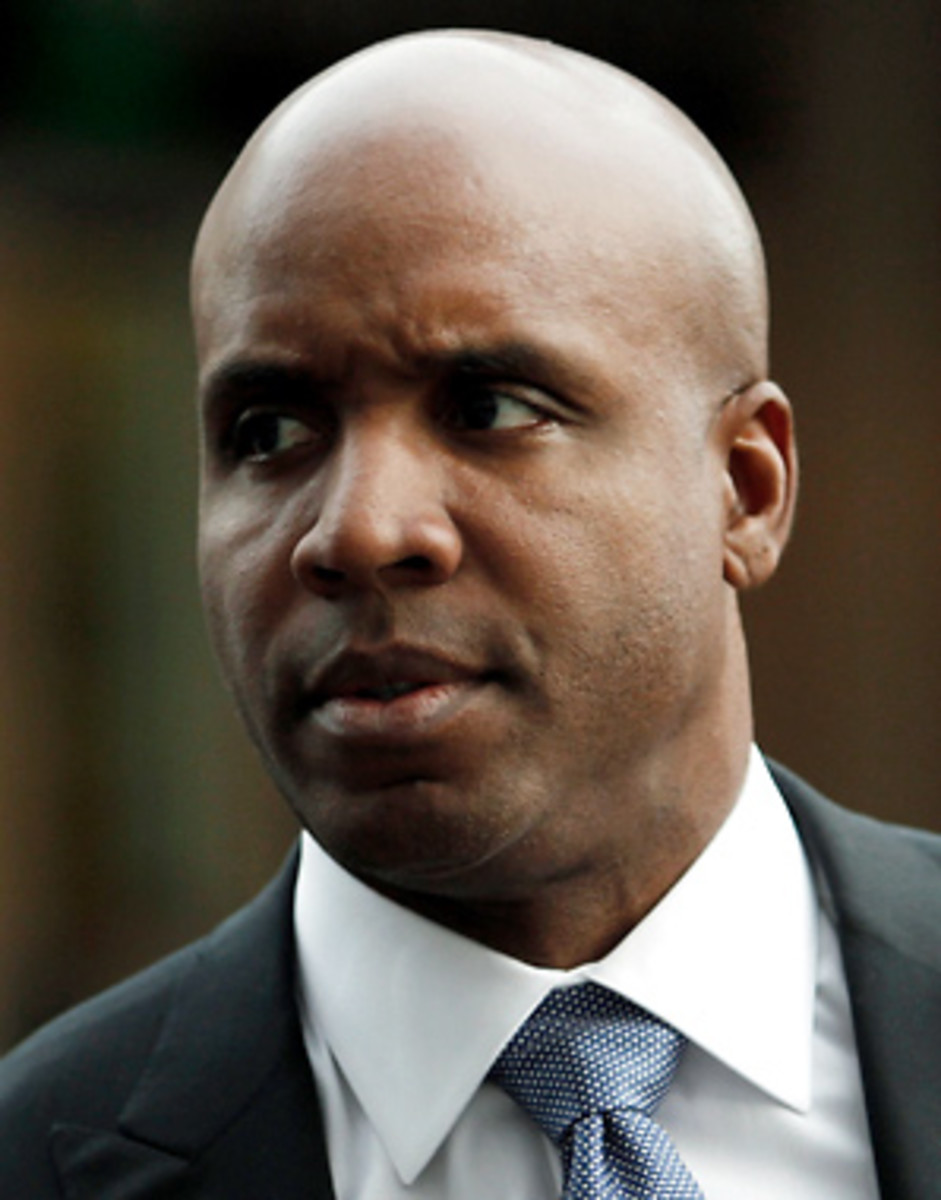Bonds case ends with a whimper
The federal government's eight-year, multi-million dollar quest to prove that Barry Bonds knowingly lied under oath before a grand jury in 2003 ended Wednesday, not with a bang but a whimper.
Hours ago, prosecutors filed a notice indicating that they plan to drop the three perjury counts which jurors in Bonds' spring trial could not unanimously agree on. Those counts include Count Two, which concerned whether anyone but Bonds' former trainer, Greg Anderson, injected him with a syringe and which 11 of 12 jurors voted for conviction. As a result of the filing, Bonds will not face additional prosecution for perjury. Put another way, Bonds has effectively defeated allegations that he knowingly lied under oath about steroids and performance-enhancing drugs (PEDs), and thus no court of law will ever say or imply that Bonds used steroids and PEDs.
The government's decision likely reflects the fact that Bonds still faces sentencing for obstruction of justice, which refers generally to Bonds having impeded the administration of justice and more specifically to Bonds rambling in his grand jury response as to whether Anderson ever injected him. Last week, Bonds's failed to persuade U.S. District Judge Susan Illston to drop the conviction. Bonds will be sentenced on Dec. 16 and he faces two years in prison. But it is very possible, if not probable, that he will only receive home confinement. Illston sentenced two other BALCO-related figures -- track coach Trevor Graham and cyclist Tammy Thomas, both of whom were convicted on both perjury and obstruction of justice charges -- to between six and 12 months of home confinement. Bonds, a first-time convicted felon, is poised to receive a similarly light sentence.
The decision to drop the perjury charges may also reflect public and media criticism that tens of millions of tax dollars (one estimate pegs it at $55 million), in a time of deep deficits and seemingly unending recession, have been spent unwisely on prosecuting Bonds. A retrial of Bonds would cost additional millions of tax dollars, not to mention the opportunity costs of prosecutors and their staff spending their time and energy on another Bonds trial. Along those lines, the case against Bonds arguably should have been dropped when Anderson -- easily the witness who was most capable of implicating Bonds -- refused to testify despite being jailed for contempt of court. The decision to prosecute Bonds also seemed questionable when prosecutors called to the stand Dr. Arthur Ting, who was Bonds' former physician and who contradicted other prosecution witnesses, thus making it easier for jurors to find reasonable doubt. Then again, prosecutors still secured a conviction for obstruction of justice and were just one juror vote away from gaining a conviction on Count Two.
This news will only fuel doubts about the federal government's ability to prosecute baseball players for perjury relating to alleged use of steroids and PEDs. In July, a different set of federal prosecutors allowed jurors in Roger Clemens' perjury trail to see a screen that should have been redacted. In response, U.S. District Judge Reggie Walton declared a mistrial. Prosecutors hope to convince Walton to allow a retrial, but whichever way he decides, it's clear the ballplayers are beating federal prosecutors, who normally win about 90 percent of their trials.






